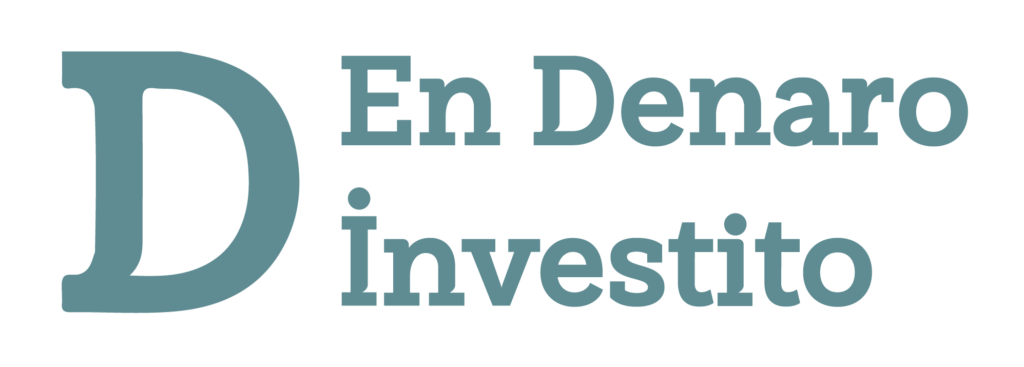How to Apply for a Loan with a Low Credit Score
Are you struggling with a low credit score but need a loan? Navigating the loan application with a low credit score can be daunting, but it’s not impossible. Understanding the steps and available options can set you on the right path.
In this guide, we’ll explore practical strategies for improving your chances of getting approved. From choosing the right lenders to enhancing your financial profile, we’ve got you covered.
*You will stay on the same site.
Don’t let a low credit score deter you from pursuing financial support. With the right approach, you can successfully navigate the loan application process and achieve your financial goals.
Understanding Personal Loans
Personal loans serve as a versatile financial tool for individuals with a low credit score. Importantly, lenders assess several factors, apart from credit scores, such as income stability and employment history. Consequently, having a steady job and regular income can significantly improve your chances of approval. Additionally, some lenders specialize in loans for those with challenging credit histories.
Moreover, building a relationship with your bank can be beneficial when it comes to applying for a personal loan. Community banks or credit unions may offer more favorable terms for their customers. These institutions often consider your overall financial situation, rather than focusing solely on your credit score. Therefore, maintaining an account in good standing could work in your favor.
Understanding the loan terms is crucial when applying for a personal loan with a low credit score. Recognizing interest rates and loan fees can prevent you from taking loans that may become financially burdening. As a result, thorough research and comparison are essential steps in the loan process to achieve the most favorable terms.
Exploring Alternative Lenders
For those with a low credit score, alternative lenders may present viable options. These lenders, which often include online financial institutions, tend to have less stringent credit requirements. Typically, they consider a broader range of factors, such as payment history and income, during the approval process. This flexibility can make it easier to secure a loan.
However, borrowers should be cautious when considering alternative lenders. Although they offer opportunities for individuals with poor credit, interest rates and fees may be higher compared to traditional lending institutions. Consequently, it’s crucial to carefully evaluate the terms and conditions before committing to a loan to avoid financial strain.
Additionally, some alternative lenders offer secured loan options. By providing collateral, borrowers can reduce the lender’s risk and potentially secure lower interest rates. In these cases, exploring secured loans could be advantageous for those struggling to obtain traditional unsecured loans.
Follow the Complete Guide
Request your loan with Bestegg.
Safe and reliable process.
*You will stay on the same site.
Improving Your Financial Profile
Enhancing your financial profile can significantly impact your ability to obtain a personal loan. One simple yet effective strategy is to reduce your overall debt. By paying down existing loans and credit card balances, you demonstrate financial responsibility, which lenders consider favorably.
Furthermore, maintaining a reliable payment history is essential. Timely payments on current obligations can gradually improve your credit score over time. Consistent financial behavior shows creditors that you are a low-risk applicant, improving your chances of loan approval.
Lastly, reviewing your credit report for errors is a crucial step. Incorrect entries can negatively affect your credit score and, subsequently, your loan eligibility. Correcting any discrepancies can enhance your score, making you a more attractive prospect for lenders.
Home Loans for Low Credit Scores
Obtaining a mortgage with a low credit score is challenging but feasible. Programs like FHA loans cater to individuals with less-than-perfect credit. These loans often require lower down payments and more flexible credit requirements, making homeownership more accessible.
*You will stay on the same site.
Nevertheless, potential borrowers should be mindful of the increased costs associated with such loans. Mortgage insurance premiums can add to the overall expense, impacting the total financial commitment. Therefore, understanding all associated costs is crucial before proceeding with a home loan application.
Collaborating with a knowledgeable mortgage broker can be beneficial when seeking a home loan with a low credit score. Brokers have access to numerous lending programs and can guide applicants through the most suitable options for their circumstances. This expertise can simplify the process, potentially leading to better terms and conditions.
Vehicle Financing Options
Securing an auto loan with a low credit score requires strategic planning. While traditional dealerships may have rigid lending criteria, other avenues, such as online lenders specializing in subprime loans, offer alternatives. By comparing various offers, applicants can find manageable loans suitable for their needs.
GET CREDIT EASILY
Find out how to apply with LendingClub
Step-by-step practical guide.
*You will stay on the same site.
Additionally, making a substantial down payment can significantly impact approval chances and loan terms. A larger initial payment reduces the loan amount and demonstrates the buyer’s commitment, often resulting in more favorable interest rates.
Another effective strategy is to consider obtaining a co-signer. A co-signer with good credit can reassure lenders of the loan’s security, thus easing approval for applicants with low credit scores. This approach can open doors to loans that may otherwise remain out of reach.
Improving Creditworthiness
(Education on credit management is vital for improving creditworthiness.) By staying informed, individuals can make wiser financial decisions, enhancing their credit status over time. There are numerous resources available, including financial counselors and workshops, that can guide individuals toward better credit practices.
The importance of budgeting cannot be overstated for those looking to improve their credit score. Budgeting effectively ensures that all debts are paid on time, avoiding the late fees that can further harm credit scores. An organized budget serves as the backbone of financial stability, ultimately leading to improved creditworthiness.
Finally, patience and persistence are crucial components of credit improvement. Credit scores do not change overnight, but consistent financial discipline pays off. Regularly monitoring progress and adjusting strategies as needed can sustain the journey toward better credit.
In conclusion, while a low credit score presents challenges in obtaining loans, it is not an insurmountable barrier. By understanding the various loan types, exploring alternative lenders, and improving one’s financial profile, individuals can overcome these challenges. With patience and the right approach, achieving financial goals remains within reach despite credit score limitations.




